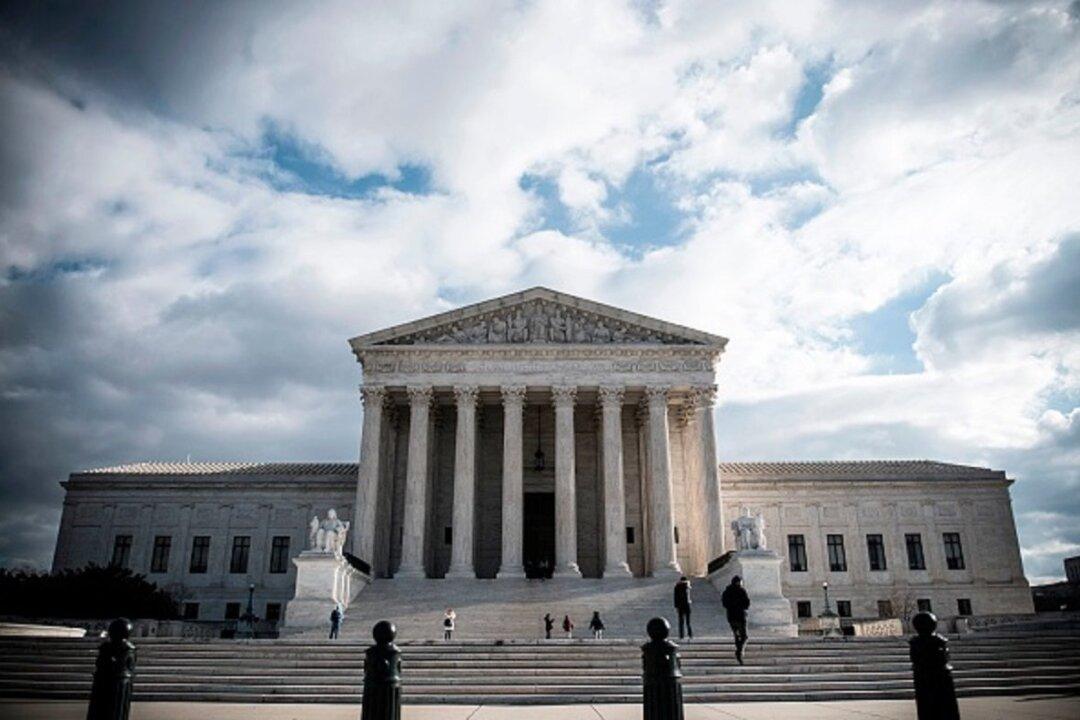Commentary
The Supreme Court is set to rule on an important case in the coming weeks. The case involves Curtis Flowers, who was convicted and sentenced to death for allegedly murdering four people on July 16, 1996. Flowers has maintained his innocence throughout.





